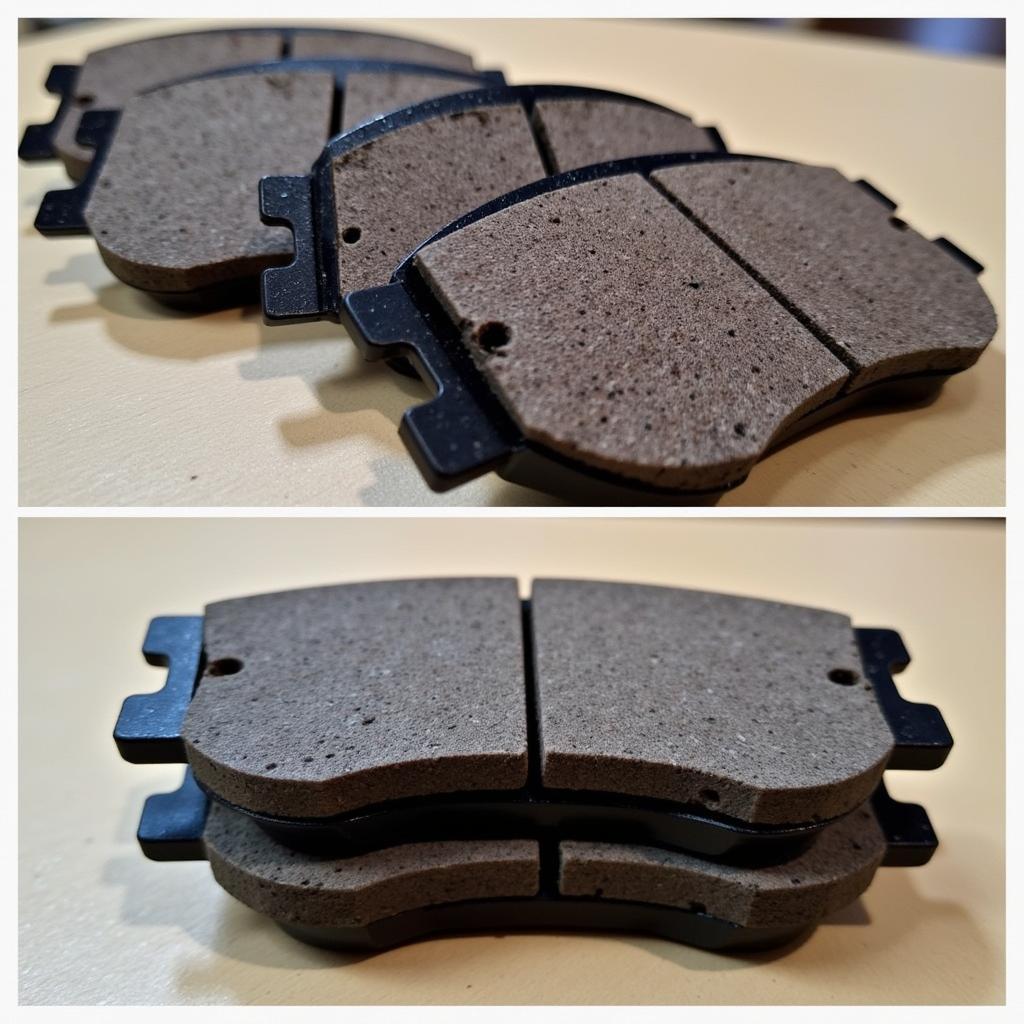Your car turns over but won’t start even with a jump? This frustrating situation can leave you stranded and searching for answers. This guide will delve into the common causes, diagnostic steps, and potential solutions to get your car running smoothly again. We’ll cover everything from simple checks to more complex issues that might require professional assistance.
Why Your Car Turns Over But Won’t Start Even With a Jump
Several reasons can cause this starting problem, even after a jump-start. A jump start typically addresses a dead battery, but if the car still won’t start, the issue lies elsewhere. Let’s explore some of the most common culprits:
Fuel System Issues
- Empty Fuel Tank: It sounds obvious, but sometimes the simplest explanation is the right one. Ensure you haven’t run out of gas!
- Faulty Fuel Pump: The fuel pump delivers fuel from the tank to the engine. A malfunctioning pump can prevent fuel from reaching the engine.
- Clogged Fuel Filter: A dirty fuel filter restricts fuel flow and can prevent the engine from starting. Changing your fuel filter regularly is crucial for proper engine performance.
- Faulty Fuel Injectors: Fuel injectors spray fuel into the engine cylinders. If they are clogged or malfunctioning, the engine won’t receive the fuel it needs.
Ignition System Problems
- Bad Spark Plugs: Spark plugs ignite the air-fuel mixture in the cylinders. Worn-out or fouled spark plugs can prevent the engine from starting.
- Faulty Ignition Coil: The ignition coil provides the high voltage needed for the spark plugs to fire. A failing coil can result in a no-start condition.
- Damaged Distributor (Older Cars): The distributor (in older vehicles) routes the high voltage from the ignition coil to the correct spark plug. A faulty distributor can disrupt this process.
Other Potential Causes
- Starter Motor Issues: While the engine is turning over, a failing starter motor can still be a problem if it’s not providing enough power.
- Sensor Problems: Various sensors, such as the crankshaft position sensor or camshaft position sensor, provide critical information to the engine control unit (ECU). Faulty sensors can prevent the engine from starting. If your 2009 Chevy HHR has brake warning lights, that could indicate sensor problems. You can learn more about this issue here: 2009 chevy hhr brake warning light.
- Security System Malfunction: Sometimes, a malfunctioning anti-theft system can prevent the engine from starting. Try using a different key or checking your car’s alarm system.
- ECU Problems: The engine control unit (ECU) is the “brain” of the car’s engine management system. A faulty ECU can cause a variety of starting problems.
Diagnosing the Problem
“A systematic approach is key to diagnosing a car that turns over but won’t start,” says automotive expert John Smith, ASE Certified Master Technician. “Start with the basics and progressively move to more complex checks.”
- Check for Fuel: Ensure you have enough fuel in the tank.
- Inspect the Battery Connections: Make sure the battery terminals are clean and tight.
- Listen for the Fuel Pump: When you turn the key to the “on” position (without starting the engine), you should hear a faint whirring sound from the fuel pump.
- Check for Spark: Remove a spark plug, connect it to the ignition coil wire, and ground the plug to the engine block. Have someone crank the engine and look for a spark.
- Scan for Trouble Codes: Using an OBD-II scanner can help identify specific problems by reading diagnostic trouble codes stored in the ECU. For instance, if you encounter brake warning lights in your 2011 Chevy HHR, understanding the codes is essential. You can find relevant information here: 2011 chevy hhr brake warning light.
Conclusion
A car that turns over but won’t start even with a jump can be a perplexing problem. By following the diagnostic steps outlined in this guide, you can narrow down the potential causes and hopefully get your car back on the road. However, if you’re not comfortable performing these checks yourself, or if the problem persists, it’s always best to consult a qualified mechanic. “Remember, safety first,” advises Jane Doe, Automotive Electrical Engineer. “If you’re unsure about any step, seek professional help.” Don’t let a car that turns over but won’t start ruin your day – take action and get back behind the wheel. Understanding your car’s braking system is also crucial for overall safety. You can learn more about specific issues, such as worn brake pads and ABS warning lights, by visiting resources like chevy hhr abs warning light worn brake pads. For a broader understanding of brake indicator warning lights in Chevy HHRs, you might find this article helpful: chevy hhr brake indicator warning lights. If your car is a 2008 model, you can also find specific information for that year here: chevy hhr brake indicator warning lights 2008.

